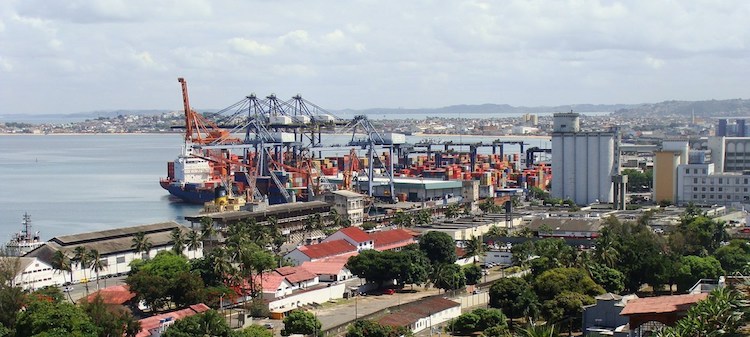
By Ronald Joshua
GENEVA (IDN) – Foreign direct investment is critical for developing and emerging market countries. Their companies need the multinationals’ funding and expertise to expand their international sales. The countries need private investment in infrastructure, energy, and water to increase jobs and wages. In fact the UN Conference on Trade and Development (UNCTAD) 2017 report warned that climate change would hit them the hardest.
The UNCTAD says in its report on October 15 that global foreign direct investment (FDI) tumbled by 41 percent in January-June 2018, to an estimated USD470 billion from USD800 billion in the first half of 2017.
Though the decline was noticed mainly in wealthy, industrialized nations, especially in North America and Western Europe, developing economies saw FDI flows declining “only slightly” in the first half of the year by four per cent, to $310 billion, compared with 2017.
According to UNCTAD, the downward trend was mainly owing to recent tax reforms in the U.S. which have encouraged big firms there to bring home earnings from abroad – principally from Western European countries.
UNCTAD’s James Zhan, Director, Division on Investment and Enterprise said that the agency had warned in early January that there was “about $2 trillion of stock in the form of cash or in the form of reinvested earnings of retained earnings outside the U.S.,” which may be repatriated in some form, following wholesale tax reform.
“And indeed, it’s happening,” he added. “We have seen that outward FDI from the U.S. was from $147 billion last year to a negative $247 billion this year.”
Other factors have contributed to this year’s “huge difference in repatriation” of overseas profits by U.S. multinationals, Zhan said. These include uncertainty about the detail and impact of tax reform and the potential impact of unresolved international trade disputes; such as the tit-for-tat tariffs imposed by the United States and China.
In contrast to the overall decline in foreign investment, the UNCTAD report highlights a 42 per cent increase in so-called “greenfield” projects, to $454 billion.
These initiatives can involve building operations in a foreign country from scratch and they are seen an indicator of future trends, Zhan explained, before noting that investment in this sector had been at “relatively low levels” in the same period last year.
While the fall in foreign direct investment has happened mainly in richer nations, including Ireland (down $81 billion) and Switzerland (down $77 billion), developing economies saw FDI flows declining “only slightly” in the first half of the year by four per cent, to $310 billion, compared with 2017.
This includes developing Asia – down 4 percent – to $220 billion – in the same period, driven mostly by a 16 per cent decline in investment in East Asia. China, the notable exception, was in fact the largest recipient of foreign direct investment in the first half of 2018, attracting more than $70 billion.
Latin America and the Caribbean, meanwhile, saw a six per cent drop in investment, amid uncertainty over upcoming elections that were offset by higher commodity prices, UNCTAD said.
This indicates that the country “is seeing a return to earlier levels of investment after a steep slowdown in the preceding years”, UNCTAD said, noting that Egypt remains Africa’s largest recipient of foreign investment – up almost a quarter – compared with the first half of 2017.
Turning to Western Africa, the data indicates a 17 per cent fall in investment there in the first half of the year, from $5.2 billion to 4.3 billion. This is blamed partly on the “volatile global economic environment” and mixed commodity prices, and it could be turned around by advances in regional integration, including an African Continental Free Trade Agreement, the UNCTAD report suggested.
But that still leaves a significant gap in the investment that will be required for poorer countries to achieve Sustainable Development Goals by 2030, a list of ambitious objectives including extreme poverty eradication and ending world hunger, agreed three years ago. [IDN-InDepthNews – 15 October 2018]
Photo: The Port of Salvador on All Saints Bay, Bahia, Brazil. As one of the bigger, emerging economies reliant on commodity exports, Brazil can expect some economic improvement, according to a United Nations Conference on Trade and Development (UNCTAD) report. Credit: World Bank/Mariana Ceratti
IDN is the flagship agency of the International Press Syndicate
Facebook.com/IDN.GoingDeeper – twitter.com/InDepthNews











